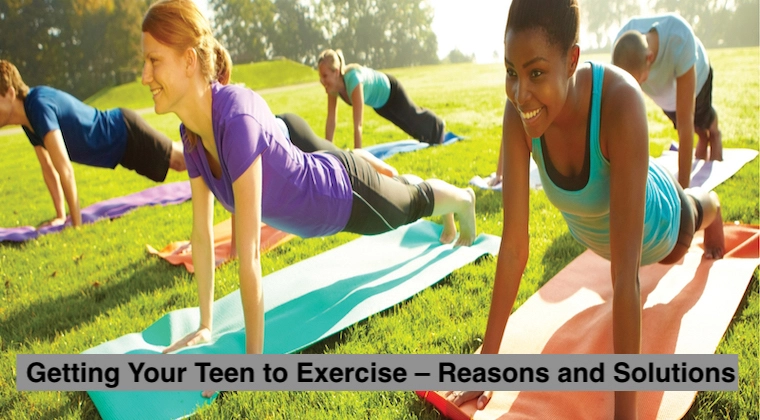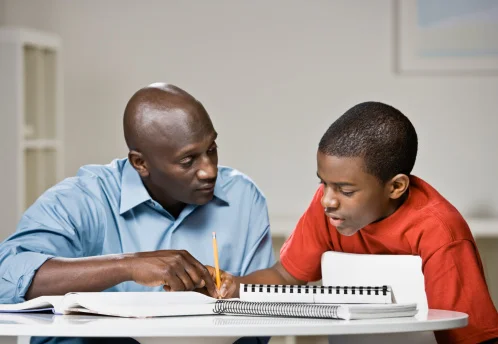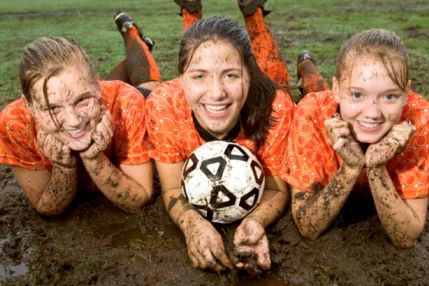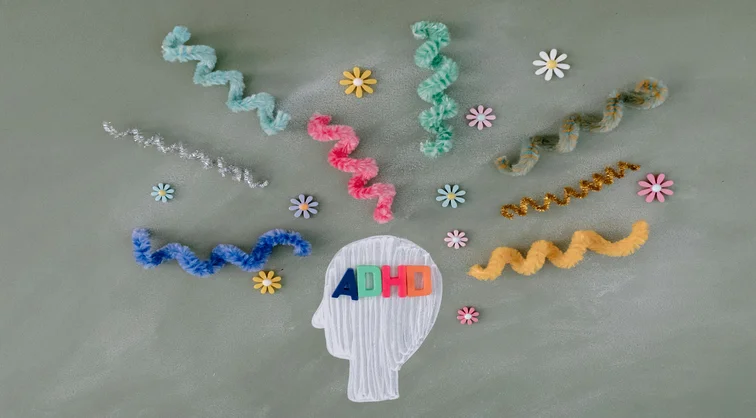+1 845 259 2974 (11 a.m to 7 p.m CST)
Getting Your Teen to Exercise – Reasons and Solutions

Exercise plays a crucial role in a teen’s life. It helps them grow strong, stay healthy, and feel good mentally and physically. But with busy schedules and so many distractions, it can be challenging for teens to get enough exercise. Where it might be difficult to make them do the exercise, it is worth the effort. You can really help your teen build a better life by introducing them to exercise. Let’s see why exercise is important for teens and offer simple ways to make it a part of their daily routine.
The Importance of Exercise for Teens
Exercise is not just about staying in shape; it’s about overall well-being. Here are some key reasons why teens should make exercise a priority:
- Physical Health: Regular exercise supports growth and development during the teenage years. It strengthens the heart and lungs, making the body more efficient at delivering oxygen and nutrients to tissues. It also helps prevent obesity and reduces the risk of diseases like diabetes and heart problems later in life.
- Mental Well-being: Exercise is a powerful tool for managing stress, anxiety, and depression. When teens exercise, their bodies release endorphins, also known as “feel-good” hormones, which improve mood. Exercise also enhances focus, making it easier to concentrate on schoolwork and other tasks.
- Social Development: Physical activities, especially team sports, encourage teamwork and communication skills. Whether it’s playing soccer, joining a dance class, or participating in a hiking club, these activities help build confidence and teach valuable social skills.
Barriers to Teen Exercise
Despite the many benefits, teens often face challenges when it comes to exercising regularly:
- Time Constraints: Many teens have busy schedules filled with school, homework, and extracurricular activities. Finding time for exercise can be tough, especially when they are already juggling so much.
- Lack of Interest: Some teens might not enjoy traditional forms of exercise like running or lifting weights. They may prefer activities that involve sitting, like playing video games or watching TV.
- Environmental Factors: Not all teens have access to safe places where they can exercise, such as parks or sports facilities. This can make it harder for them to stay active.
Strategies to Promote Exercise in Teens
Getting teens to exercise doesn’t have to be a battle. Here are some strategies that can help:
- Incorporate Interests: The key is to find activities that teens enjoy. If they love music, suggest dancing or joining a Zumba class. If they like competition, team sports like basketball or soccer could be a good fit. The goal is to make exercise fun, not a chore.
- Set Manageable Goals: Start small. Teens don’t need to spend hours at the gym. Even short, 10-minute workouts can be effective. Over time, they can gradually increase the duration and intensity of their exercise routine as they build stamina.
- Make It a Routine: Encourage teens to weave exercise into their daily routine. Simple actions like walking or biking to school can make a big difference. Active chores, like mowing the lawn or cleaning the house, also count as exercise.
Parental Role in Encouraging Exercise
Parents play a big role in helping teens stay active. Here’s how you can support your teen:
- Lead by Example: Teens are more likely to exercise if they see their parents doing it too. Plan family activities that involve physical movement, such as hiking, swimming, or playing a sport together.
- Provide Resources: Make sure your teen has access to the tools they need to stay active. This could mean buying sports equipment, signing them up for a fitness class, or simply offering a ride to the local gym or park.
- Positive Reinforcement: Encourage your teen by praising their efforts, not just their results. This helps build their confidence and makes them feel good about staying active. It’s also important to create a supportive environment where they feel comfortable trying new things without fear of judgment.
Exercise is vital for teens, not just for their physical health but also for their mental and social well-being. By understanding the challenges, they face and providing the right support, parents can help their teens build a healthy, active lifestyle that will benefit them for years to come. Starting small and making exercise fun are key to making it a regular part of their lives.






















